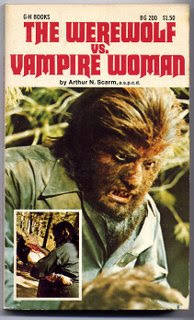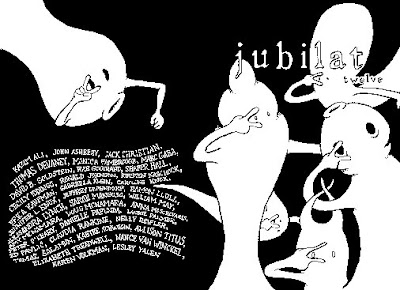
I.
Yesterday's
Times had an op-ed column by
Rory Stewart, author of
The Places In Between (in which he describes his adventures walking across Afghanistan) and
The Prince of the Marshes (about his time in Iraq). I read some of both last year, and enjoyed them, and have meant to get back to them. (
Places contains Stewart's sketches of people and things he encountered along the way—a nice touch.)
Afghan students were sitting near a giant medieval bronze cauldron in the Herat Friday Mosque, staring at the jagged Ghorid script on the colonnade.
I asked one of the students where I could buy a heavy walking stick.
He giggled. "Like an old man."
"Like an old man."
"But you are young. Why do you need a stick?"
"Because I am walking to Kabul."
"Take a bus." They all laughed.
"Take a plane," said another. They laughed more.
"So you've no idea where I could buy a walking stick."
"Nowhere here. We have cars in Afghanistan."
"Where do your old men get their walking sticks?"
"They make them."
I was glad to see that Stewart is a guest columnist this month, as I've been thinking about walking a lot lately—I mean, I've been thinking a great deal lately about the activity of walking, of walking and thinking, walking and writing. This is partly or mostly because of a recent re-reading of W.G. Sebald's
The Rings of Saturn, one of the great walking/meditation books (though not according to
this).
II.
If you're like me, you have books everywhere—the shelves were maxed out ages ago, and volumes have begun rising from the ground like apartment projects in some totalitarian state—wobbling, the result of shoddy labor...And every so often you think,
I will be good and clear out some farmland, at the very least let me get rid of some newspapers and magazines...And usually you do. But the
TLS always gives you pause. Each issue has so much stuff–and so much of it is so good—and even the things you thought you weren't interested in turn out to be quite wonderful or at least worth your while—that you sort of let them accumulate long after other periodicals have been sent to the dustbin of history.
III.
Where were we going with this? Ah yes—so there is a paper bag into which I've tossed some recent "done"
TLSes, though of course I haven't chucked the bag. And last night I was looking for some bathtub reading and thought, well, let's see if there's anything in this issue that I haven't read, this issue in the bag,
the throwaway bag...hmmm, review of some academic study of Philip Roth—OK, read that. Read the "Freelance" column, and "J.C"...review of
Decca... Humuna-humuna...looked over the fiction reviews, fine, fine, wait, so I can finally just toss this! Without feeling any guil—oh wait. Wordsworth...what's this..."A Wordsworth mystery solved"?
IV.
Kelly Grovier's "Dream Walker" looks at the mystery "surrounding...the inspiration for the figure of the phantom drifter who haunts the apocalyptica beginning of Book Five of
The Prelude. In the so-called 'Arab dream' passage, Wordsworth describes encountering a wraith-like wanderer crossing the desert sands on a dromedary...on a mission to bury his 'twofold treasure' before 'the fleet waters of the drowning world' destroy them.'"
Grovier looks for the sources of this figure and this dream, and proposes: "I believe...that the passage is a coded tribute to a friend from Wordsworth's days as a young radical in Revolutionary France: a figure who, however improbable it may seem, was an authentic traveller across the Arabian wastes, one who not only claimed to be on an endless mission to bury his own books, but whose identity, according to his contemporaries, shifted ceaselessly before their very eyes. That individual was
John 'Walking' Stewart."
V.
Stewart!Could there be a relation to modern-day wonder-walker Rory Stewart? Alas, there's no such mention in the article...But I was delighted to find, in the eight graf, a variant of an unusual name:
But an obituary for the Gentleman's Magazine, appearing the year before De Quincey's article, claims that in November 1792 Walking Stewart was in dire straits thousands of miles from France, being held as a captive of the notorious Tippoo Sultan of Mysore in Seringapatam, southern India, and that Stewart's release was only then being negotiated by a Sir James Sibbald, who had been delegated by the East India Company to settle terms of peace with the opportunistic Tippoo.
Labels: "Walking" Stewart, Rory Stewart, TLS, W.G. Sebald, Wordsworth






















